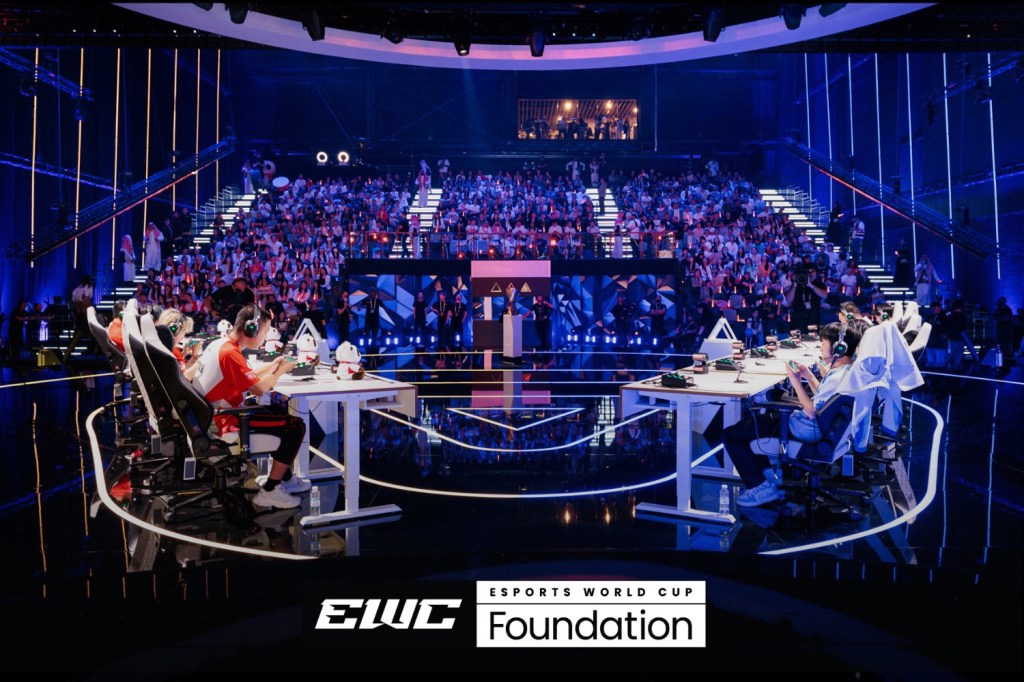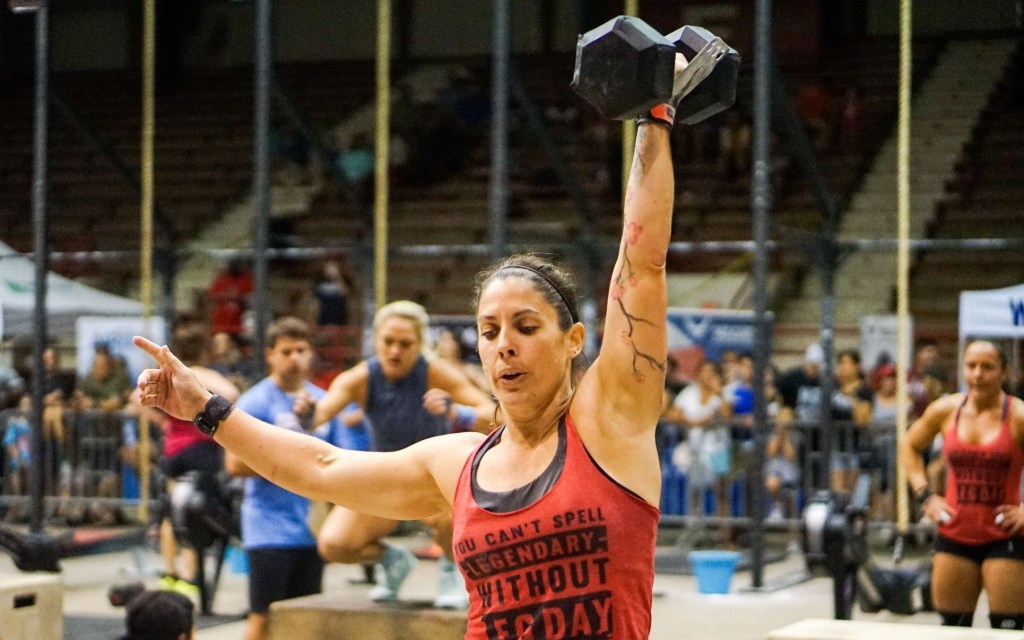On, the upstart sportswear company backed by Roger Federer, posted another strong quarter of sales, further solidifying its place as a threat to legacy brands.
The Swiss brand founded in 2010 announced Q2 sales of $657 million on Tuesday, a 27.8% increase over last year, and saw a slight gross profit margin uptick to 59.9%. The growth was fueled by 73.7% growth in the Asia-Pacific region as well as 63% growth in its apparel category.
However, the earnings report wasn’t purely positive for On, as its adjusted earnings per share fell short of Wall Street estimates. The brand faced headwinds in its supply chain that affected direct-to-consumer and wholesale growth, even though both channels saw close to 30% increases versus 2023.
This led to a double-digit dip in the premarket open for On Holding AG stock Tuesday, though it ultimately recovered and was up 5% for the day. The brand’s stock is up 55% year to date, and it is one of the biggest beneficiaries of Nike’s 2024 struggles. The Swoosh’s stock dropped more than 30% this year and the company has laid off thousands of employees.
Competing With the Big Boys
During the 2021 Tokyo Olympics, On sponsored around 20 athletes. In Paris, On backed 66 athletes, highlighted by bronze medals from world No. 1 tennis player Iga Świątek (above) and marathon runner Hellen Obiri.
The increase in athlete sponsorships highlights how On has become an established brand in athletics—specifically in tennis and running. In June, On partnered with actress Zendaya, star of the tennis film Challengers, in an effort to bridge lifestyle and tennis branding together.
“In a space where established brands historically had a monopoly almost on the headlines of innovation, athlete stories and sporting emotion, we firmly placed ourselves, we believe not just as a contender, but a leading sportswear brand with a strong point-of-view,” said On’s executive co-chairman David Allemann.
Nike isn’t the only sportswear company that On—alongside other growing brands like Hoka and Asics—has posed a threat to. Puma and Lululemon have also seen double-digit stock drops this year, while Under Armour’s stock has dropped nearly 7%.






![[Subscription Customers Only] Jun 15, 2025; Seattle, Washington, USA; Botafogo owner John Textor inside the stadium before the match during a group stage match of the 2025 FIFA Club World Cup at Lumen Field.](https://frontofficesports.com/wp-content/uploads/2026/02/USATSI_26465842_168416386_lowres-scaled.jpg?quality=100&w=1024)
![[Subscription Customers Only] Jul 13, 2025; East Rutherford, New Jersey, USA; Chelsea FC midfielder Cole Palmer (10) celebrates winning the final of the 2025 FIFA Club World Cup at MetLife Stadium](https://frontofficesports.com/wp-content/uploads/2026/02/USATSI_26636703-scaled-e1770932227605.jpg?quality=100&w=1024)








